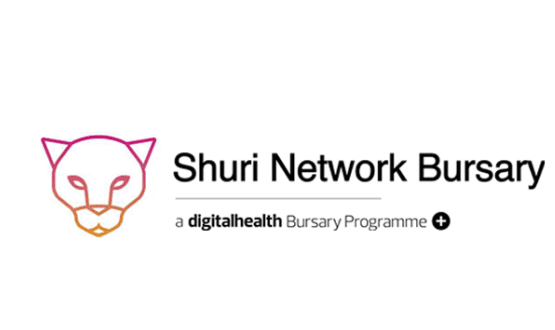Mixed reactions to EU cognitive project
- 19 June 2009
 |
|
Users of the mpower project |
A multi-national European project designed to implement an open platform to speed up developing and deploying services for those with cognitive disorders has received “mixed reactions,” its project manager has told E-Health Europe.
The mpower project, which began in October 2006 and has recently finished, used a system based on a touch screen computer, which allowed information sharing between patients and their families. The trial involved participants in Trondheim and Grimstad in Norway.
The project, which was part of the EU IST Sixth framework programme, allowed family members to enter messages that were then automatically displayed on the screen of the user, for example, reminding them to attend an appointment or to take a tablet.
But Marius Milkalsen, the project manager from SINTEF, the largest independent research organisation in Scandinavia, told E-Health Europe that the €3.9m project has received “very mixed reactions.”
He said “We’ve found that for some people with cognitive decline that introducing a touch-screen computer is really not welcome. For others it’s of great help and can increase life quality, increase independence and dignity, and it can save carers’ time and money.”
Another part of the project, which took place at a nursing home in Krakow, Poland, involved a variation of the solution using sensors and GPS to offer smart solutions both in the house and outdoors. The system sounded an alarm if an elderly person or person with cognitive disability was moving around in an unsafe area.
Despite the varied response to the project, Milklasen said it has had several concrete outcomes so far which will be published in scientific journals over the coming months.
He added: “The main outcomes of the project have given us a model driven tool chain for developing services and applications for elderly and people with cognitive decline. The project has also provided us with a web-based middleware framework with components that can be used when building service and applications for people with cognitive decline.”
Despite attempts to prolong the project by collaborating with various local authorities, it has now finished. Milkalsen told EHE that the results of the project are open source so all interested partied are now able to use them.
He added: “We continue work on a European level to consolidate the results from mpower with results from other projects and build one European ambient assisted living platform.”
Link



